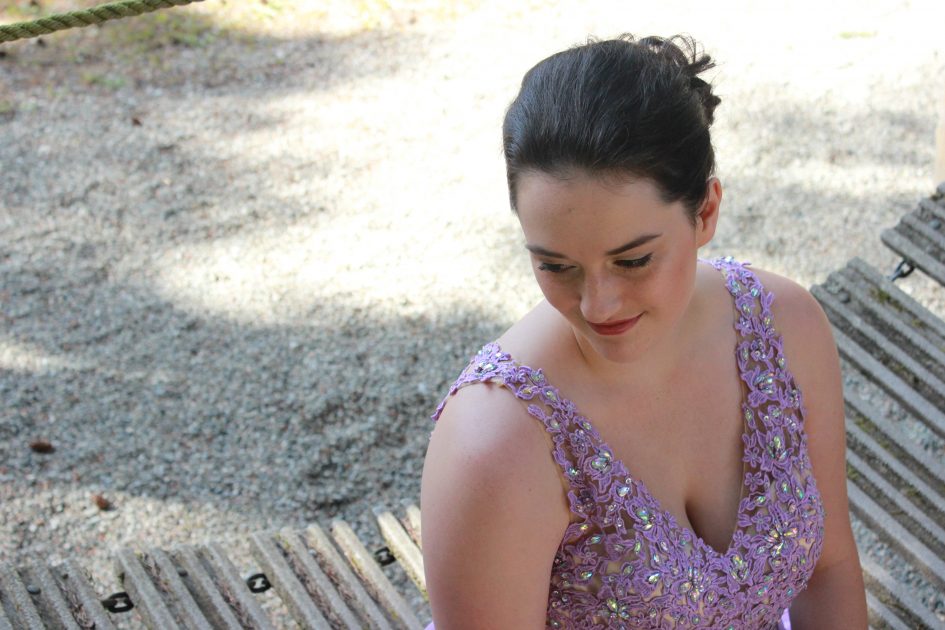About Me
I am a first year student at Thompson Rivers University in the Bachelor of Arts program, heading towards my Bachelor in Social Work. I grew up in small town on the west coast called Powell River B.C, till I moved to Alberta. I have been into sports and art all my life. I played volleyball in Calgary for the last five years and went to Alberta High school of fine arts before i went back to B.C. I have had the opportunity to travel and experience many different cultures, but nothing seems to feel like home. Moving here to Kamloops has been an interesting change but I’m excited to move forward in my life.
I have decided this section is not going to be so much on who I am but instead the change of mindset that is occurring throughout this course on what my idea of history is.
What is History?
Entry 1 (September 20): History is the study of past events through different interpretations and perspectives. This subject is always evolving over time when new discoveries are made, thus changing how people view specific events of the past. Historians specialize in different topics of history and focus their studies on examining evidence to determine what they believed happened in this era. To study history people use resources and evidence to back up their idea. By making connections to the past historians try and understand history and how it affects the world today.
Entry 2 (December 3):
What does it mean to think historically? The answer to this question can differ depending on many variables. Before taking this course my idea of history and thinking historically was quite vague and throughout this term I have been able to expand my understanding by listening to class discussions, reading articles of past events, and by researching my own historical topic. Each of these has given me insight and new understanding to the study of history. Through this course I have realized that to think historically means to realize biases and pre conceived notions are unavoidable. Biases and pre- conceived notions are hard to leave out when interpreting historical events. Many people do not even realize the biases they have. When researching and reading about history it is important to not let them blind you from truly understanding past events. When looking at the past it is important to look at all perspectives of the event or period that is being researched. Looking into each perspective allows the reader to have a better understanding, and gives them the ability to compare and contrast. Through class lessons this term we have often compared perspectives and looked at events from all angles. When thinking historically evidence is important, one cannot just decide what happened in a time period with no facts to back them up.
The evidence in history is always evolving new perspectives are constantly brought forward. As time changes people have become much more sensitive to many topics, for example many people in early times when steady history would not focus on the importance of women. This change was shown through many of our reading logs. History is the study of past events. It allows you to compare the past to the present, giving you a better understanding of how the world has changed.
